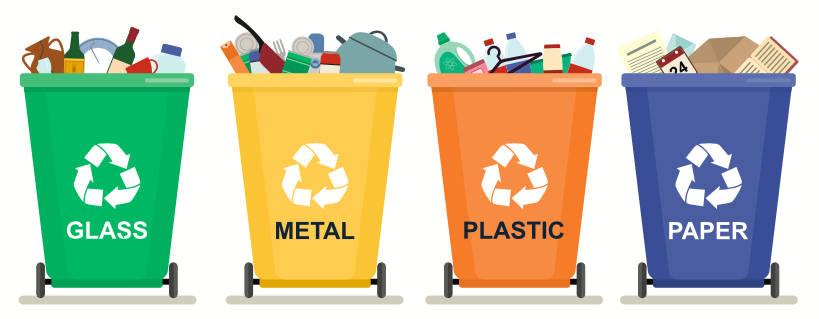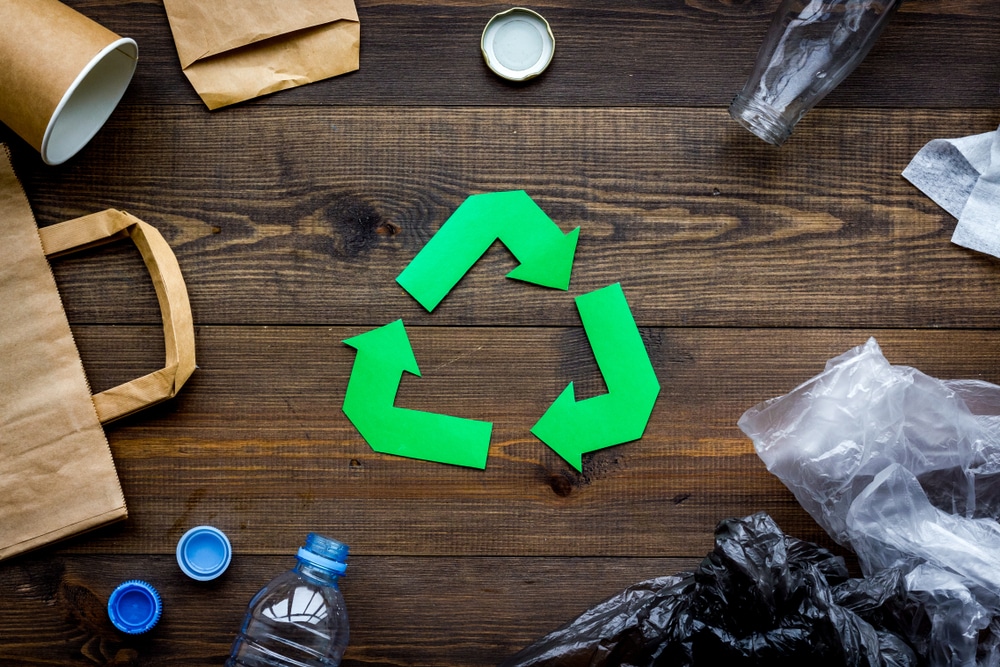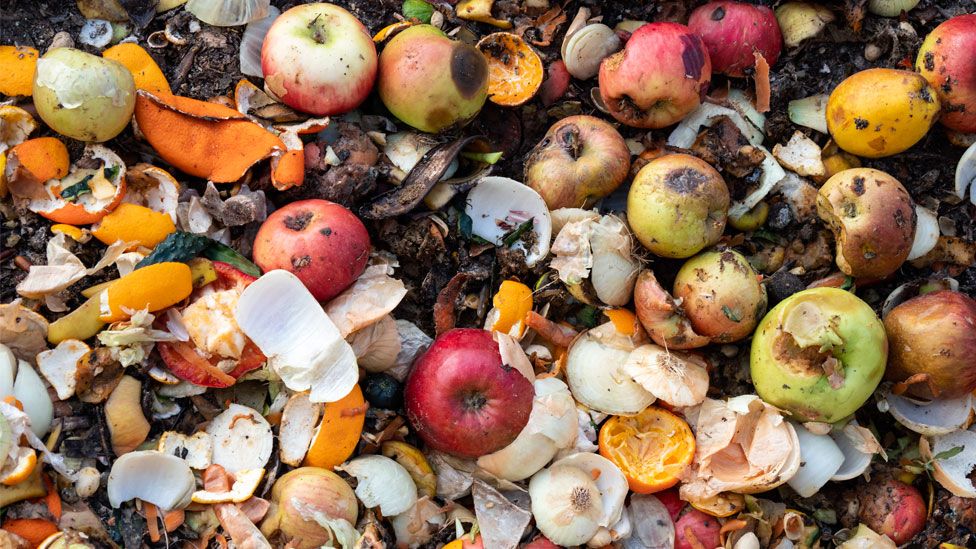In many industrial sectors, air and liquid filtration is essential to maintaining high health and safety standards while preserving the environment. Industrial filters play a crucial role in these filtration processes. In this article, we will explore the health and environmental benefits of using industrial filters, highlighting their positive impact on air quality and the preservation of natural resources.
Improving air quality
Currently, the industrial sector cannot do without label printers. This technology can be used to label industrial filters. These make it possible to reduce the presence of:
- fine particles
- chemical pollutants
- of contaminants in the air
By eliminating these harmful elements, they contribute:
- to improve air quality inside industrial installations
- to reduce emissions of pollutants into the environment
By filtering hazardous substances from the air, industrial filters help protect the health of workers exposed to potentially harmful work environments. They reduce the risk of respiratory illnesses, allergies and other health problems linked to inhaling harmful particles.
Preservation of natural resources
According to ScienceDirect, industrial filters play an essential role in the preservation of natural resources, particularly water. Filtration systems help recover and recycle water used in industrial processes, thereby reducing fresh water consumption and minimizing water pollution. Moreover, industrial filters allow the reduction of waste by capturing:
- the particles
- contaminants
- dangerous substances
Compliance with environmental regulations
The use of industrial filters is essential to comply with current environmental regulations in Georgia. These filters help businesses meet air and water quality standards, as well as emissions and waste requirements, helping to avoid fines and legal sanctions. In addition, you can put them in a rubble bin at the end of use.
Note that industrial filters help reduce the carbon footprint of industrial activities. By eliminating air pollutants, they reduce the amount of greenhouse gases emitted into the atmosphere, helping to combat climate change. Subsequently, by reducing air, water and soil pollution, industrial filters play a key role in protecting ecosystems.
By preventing the release of contaminants into the environment, they preserve the health of natural ecosystems, waterways, fertile soils and local biodiversity.
Improving water quality
Industrial filters are used in water treatment processes to eliminate:
- the impurities
- contaminants
- pathogens
This helps to improve the quality of drinking water and reduce the risk of diseases linked to the consumption of contaminated water.
Industrial filters play a crucial role in protecting surrounding communities. By reducing the dispersion of pollutants in the air and water, they minimize health risks for residents living near industrial facilities in xxx. These filters promote the creation of a safer and healthier environment for local populations, it is the same principle that was adopted when creating biodegradable litter
Improving waste management and promoting sustainable development in the USA
Improving waste management and promoting sustainable development in the USA necessitates a revolutinary strategy. Implementing advanced recycling technologies can increase material recovery rates while reducing landfill dependence. Encouraging the adoption of circular economy principles can minimize waste generation by prioritizing reuse and recycling. Investing in infrastructure for composting organic waste can mitigate methane emissions from landfills and produce valuable soil amendments.
Public education campaigns can foster behavior change, promoting responsible consumption and waste reduction practices. Additionally, policymakers can incentivize businesses to adopt sustainable practices through tax breaks and grants. Collaborative efforts between government, industry, and communities are essential for fostering a circular economy and achieving sustainable development goals in America.
The use of industrial filters is a key aspect of sustainable development. By integrating these efficient filtration technologies into industrial processes, companies can reduce their environmental impact while maintaining economic activity. Industrial filters promote a responsible approach to production and consumption, contributing to long-term sustainability. At the end of use, this filter will not be part of the waste containing lead.





